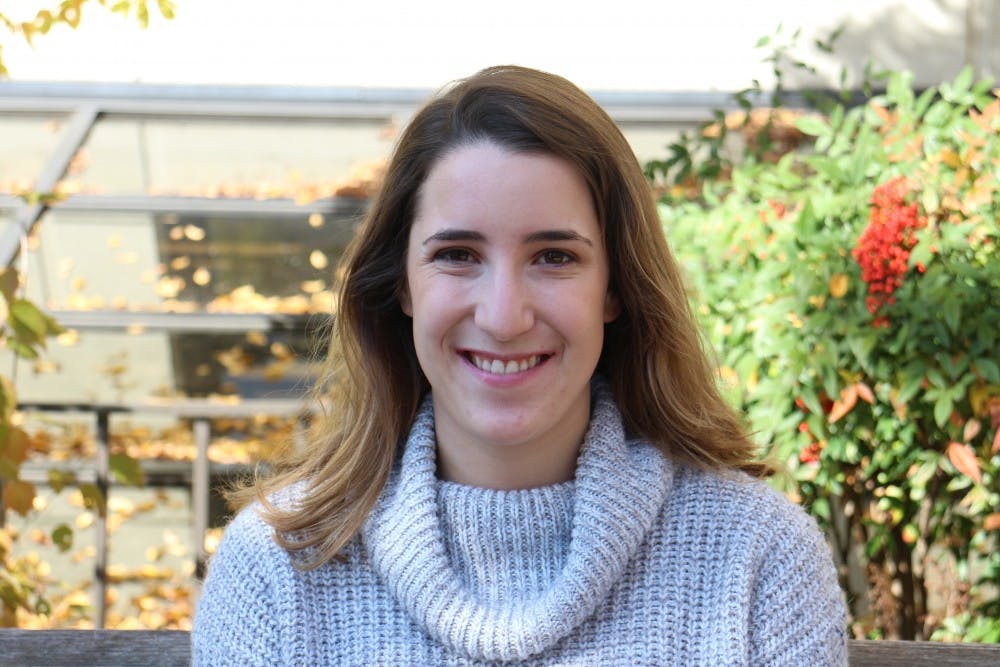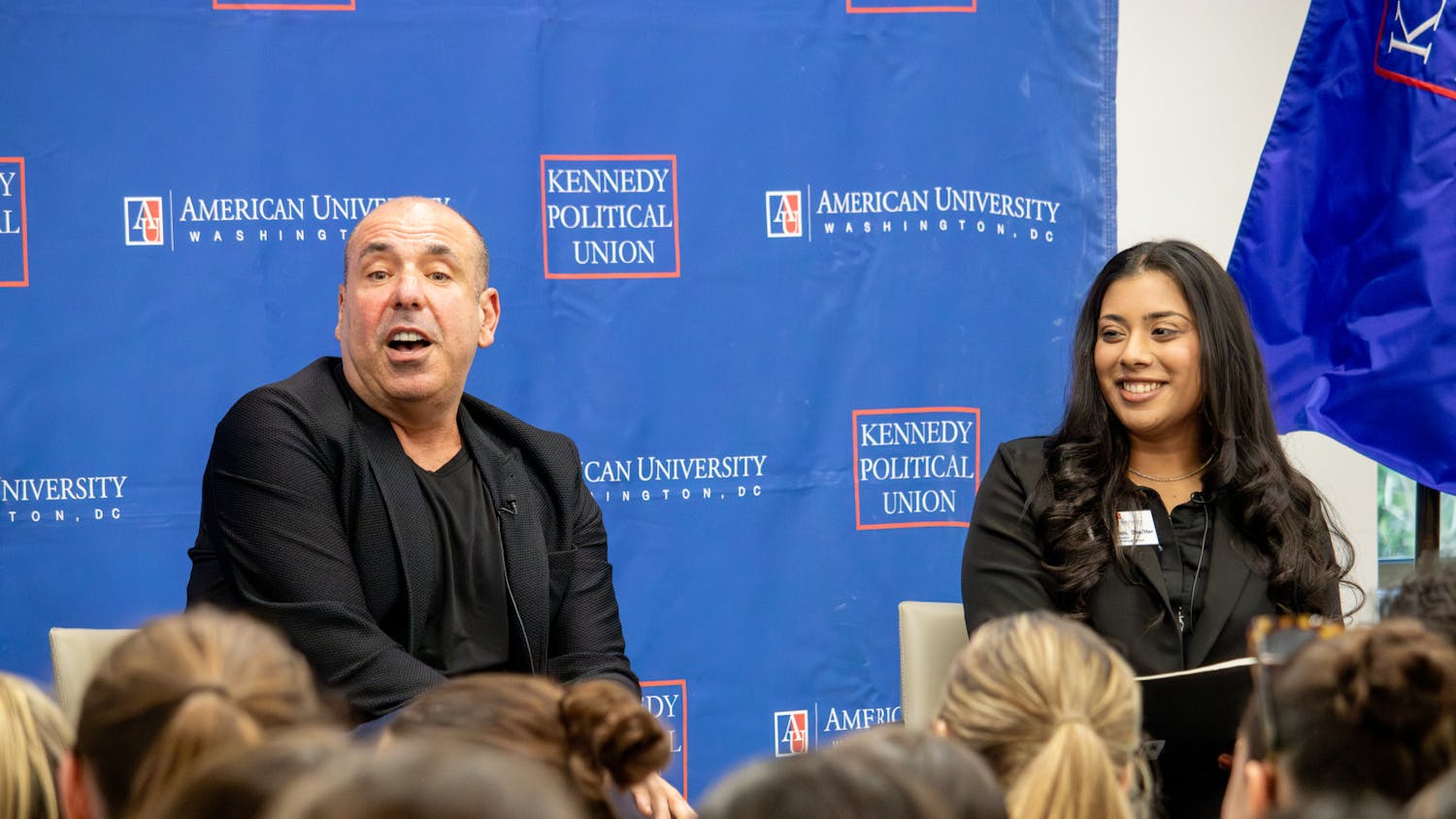I am a premedical student at American University.
This sounds like an oxymoron.
AU is renowned for its innovative School of Communication and School of International Service, but much less so for its science programs. However, us STEM students exist and our numbers are growing. Though AU’s humanities programs have garnered international attention, many choose to study science here regardless of the stigma that AU is not a “science school.”
I am earning my Bachelors of Arts in Communications Studies and taking medical school prerequisites simultaneously. This allows me to pursue both of my passions: journalism and medicine. My goal is to apply for naturopathic medical school following graduation. There are seven of these schools across the United States and Canada.
As more and more people ask about my plans following graduation, I find that most people have either never heard of naturopathy or have a very loose understanding of what exactly it is. In one case I was even asked, “So, do you not believe in Western medicine?”
Yes, I believe in Western medicine. Wanting to pursue a career as a naturopathic physician does not mean I am the science-rejecting hippie that some might visualize. Unfortunately, misconceptions like this one deter many people from seeking out a naturopathic doctor, or ND, for treatment of chronic health problems that traditional medicine has just not been able to help.
Naturopathic medicine places an important emphasis on the body’s natural ability to heal itself. Using both natural remedies including clinical nutrition, botanical medicine, Chinese medicine and acupuncture, as well as modern science, naturopathic physicians focus on holistic and proactive prevention and treatment of illness.
I recently heard an analogy that described the basis of naturopathic medicine very well. If a tree’s branches are dying, you would treat the tree’s roots first before cutting off the sick branches and expecting that to heal the tree. When treating a person, naturopathic physicians emphasize finding the underlying, root cause of illness and treating this before addressing the individual symptoms. If you can treat the underlying cause of illness, symptoms will abate.
Naturopathic physicians attend accredited four-year science-based medical education programs. At minimum, two of those four years are spent studying the same biomedical sciences as students studying to be MDs. NDs study pharmaceuticals and are able to prescribe drugs to patients if it would be beneficial to them, according to the American Association of Naturopathic Physicians. The most common health conditions that NDs treat are digestive disorders, nutrition and women’s health, though patients who choose to go to an ND are diverse in gender, socioeconomic status, ethnicity and belief system.
I want to become a naturopathic physician because I am drawn to the idea of treating the whole person. If a patient has been experiencing symptoms of depression, a traditional MD may prescribe an antidepressant, a common and helpful avenue to combat the mental illness. A ND might look deeper into the physical, mental, and environmental factors that are affecting the patient’s health. They would study the patient’s diet for possible nutrient deficiencies and look at possible hormone imbalances. They would inquire about sources of stress or dissatisfaction in the patient’s life, and create an implementable plan for the patient to combat their depression before prescribing an antidepressant.
If five people come into the same NDs office with the same symptoms of depression, all five might leave with different plans to combat it, because each patient’s lifestyle is unique.
As I finish up my undergraduate career at AU this year, I am excited for the future and happy with my decision to pursue my BA in Communication Studies while following the premedical track. I have loved studying science here, and I feel like I will be leaving American having received a well-rounded education that I can use in the real world.
In the coming years, I would love to see AU be recognized further for its science programs and for more students to pursue majors or minors in the sciences. I plan to use my education to pursue both of my passions, medicine and writing. With my communication skills I hope to positively impact public misconceptions of naturopathic medicine, so that more people will understand the work that NDs do and may be persuaded to try one out in their own lives.
Olivia Richter is a senior in the School of Communication and College of Arts and Sciences. She is a staff columnist at The Eagle.





